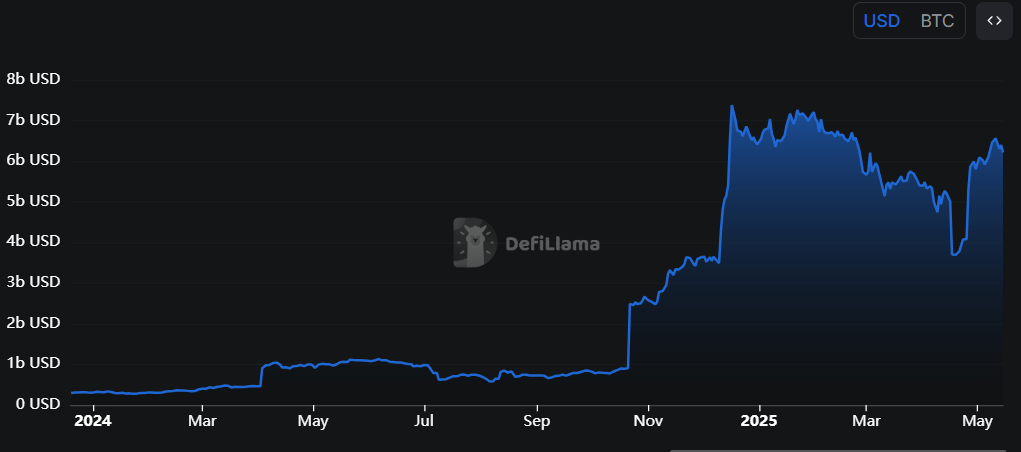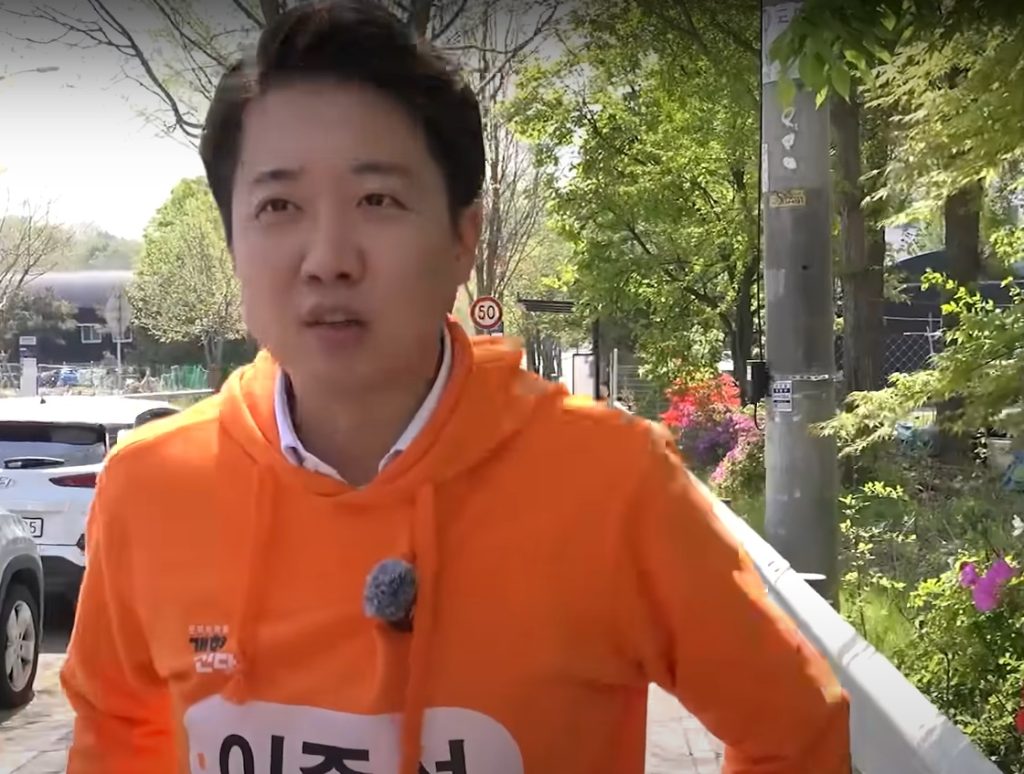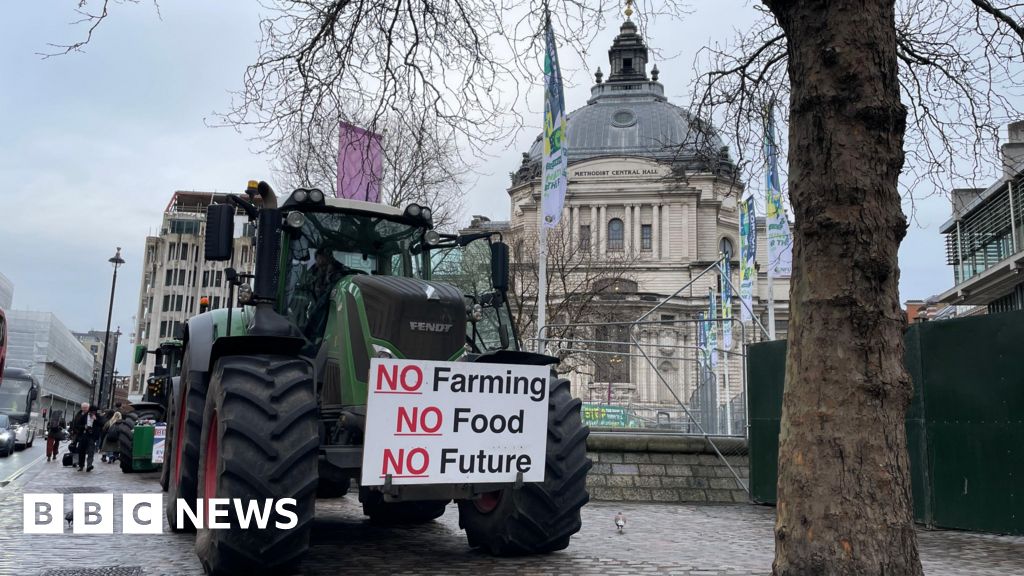Liz Kingsman’s One Woman Show, is now playing at Greenwich House Theater
Sequoia Ziff
Inspiration often happens when you’re not trying so hard. “The imagination needs moodling—long, inefficient happy idling, dawdling and puttering,” wrote author Brenda Ueland in her groundbreaking book, If You Want To Write. And sometimes, when you least expect it, the muse can run right into you. That’s what happened to Liz Kingsman.
The actress and writer was procrastinating working on a screenplay that was very overdue when a new idea popped into her head. Her mind went to the medium of solo shows.
“I had seen a lot of one-woman shows within the space of a year, it suddenly felt like they were everywhere,” says Kingsman who was born in Sydney, Australia and is based in London. “So it just felt like more fun to write a silly version of a profound piece of theater than to labor over a half-baked film script that I’d lost interest in.”
Without giving too much away, One Woman Show is a kind of show within a show. Kingsman plays an actress in a deeply confessional show called Wildfowl about a unnamed woman in her late twenties. She is trying to navigate her messy love life and struggling to move forward. Plus she’s also desperate for Wildfowl to be picked up as a TV series.
After sold-out runs at London’s West End, Soho Theatre, Sydney Opera House, and Edinburgh Fringe Festival, One Woman Show recently debuted at The Greenwich House Theatre. The play, which received a Olivier Award nomination, was directed by Adam Brace who passed away this past April. Brace, known as a stellar director and passionate collaborator, also directed Alex Edelman’s show, Just for Us, which recently debuted on Broadway.
When asked what it was about one woman shows that inspired her to want to take on the subject matter Kingsman replied that she found these pieces “funny and a bit cringe, because I fear sincerity” she says. “I was always impressed with the performances but the subject matter rarely resonated with me. Which is fine. You don’t have to relate to every piece of work you ingest.” And then she added, “Honestly I just wanted an excuse to pretend to be a real actor doing a real play.”
Jeryl Brunner: If someone were to ask, “What is One Woman Show about?” what would you say?
Liz Kingsman: I would say, “please someone sit me down and force me to prepare an answer for this question.” If I was to be lofty about it, it’s about ambition and integrity, and a version of the female experience that has become very trendy of late. If I was to be less lofty, it’s about birds.
Brunner: Your team is made up of mostly all women. The producers are Kristin Caskey/Bee Carrozzini, from ATG, Elizabeth Rothman for Bad Robot Live, and Emily Vaughan-Barratt from Wessex Grove. Your general manager is a woman and even your press representatives are all women. Why was that important to you?
Kingsman: It’s been a conscious effort given the show muses on the theme of marketplace feminism, and the commercialization of female stories. But really I have lead producer Emily Vaughan-Barratt of Wessex Grove to thank for following this through.
Emily sought a team of incredibly high caliber female co-producers, populated the day-to-day running of the show with a female presence. She has also gone to great lengths to ensure we are working with a large pool of female investors. She once told me an unbelievable stat: for the last three weeks of the West End run, after Life of Pi closed, One Woman Show and Agatha Christie’s The Mousetrap, which has been running for 70 years, were the only two plays on the West End written by women. I laughed when I heard that. But it also boiled our blood.
Brunner: When did you know you had to perform?
Kingsman: For a time my family lived next door to a church. We weren’t religious, but I have a memory of insisting we go to church so that I could perform for the congregation a range of yoyo tricks I’d mastered.
Brunner: You have performed One Woman Show around the world. What have you noticed about American audiences?
Kingsman: New York audiences are so different. Not from the rest of the world, from each other! Every night is a completely different beast. It’s like they congregate outside before the show and decide en masse which parts they are going to really go for.
Brunner: So many people dream of writing and performing their own show, what gave you the courage to do it and kept you going?
Kingsman: I have no idea why I had the audacity or the gumption to try it. But I came from the UK sketch comedy scene where it’s pretty standard behavior for people to do terrifying things like booking an hour work-in-progress slot at a comedy festival. That’s how I tricked myself into committing to the thing, splitting the night with my improv team to soften the blow if it went terribly. Surrounding yourself with courageous people is the only way. Fear of humiliation is a great motivator.
Liz Kingsman
Will Bremridge
Credit: Source link











